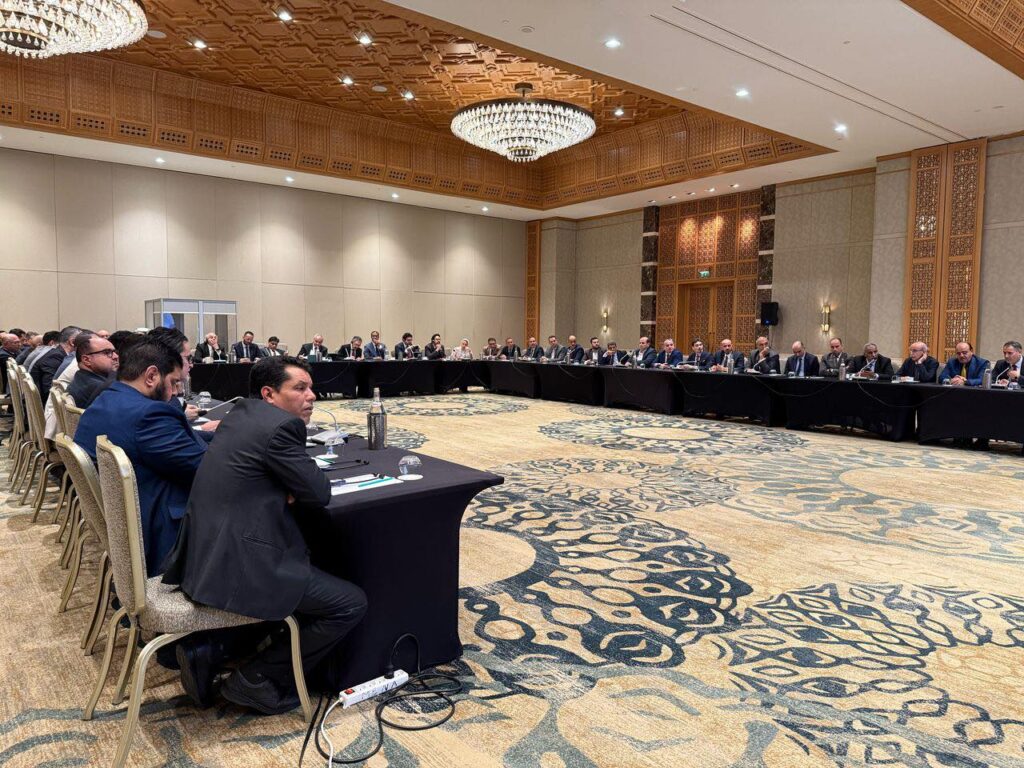Washington— In its “Staff Concluding Statement of the 2025 Aric IV Mission,” the International Monetary Fund (IMF) stressed Wednesday that Libyan authorities need to pursue efforts to establish a unified budget and this should be the “key objective”.
It also called on authorities to “resist the pressure to increase current spending, particularly on salaries and subsidies“.
However, this is easy said than done, especially in the absence of a unified government and a dead political process. The UN mission (UNSMIL), which supposed to facilitate bringing about an end to the Libyan crisis since 2011, has squarely failed so far.
“Substantial fiscal efforts will be needed to preserve sustainability and achieve intergenerational equity, including by introducing well-calibrated and orderly wage and energy subsidy reforms and mobilizing nonhydrocarbon revenues,” the IMF recommended.
On 14 April, a draft law of a unified general budget for the year 2025 was presented to the Speaker of the House of Representatives by the Parliament-appointed government. It is expected to be debated in a session that will be attended by officials from the Central Bank of Libya (CBL).
The IMF noted the CBL’s decision to devaluate the dinar by about 13 percent in early April with the aim to address expenditures pressure, but it maintained that “given Libya’s political instability and institutional fragmentation, addressing expenditure pressures may not be feasible in the short term”.
The Libyan authorities, it added, “should reduce the gap between the official and the parallel exchange rates, including by phasing out the foreign exchange tax and easing foreign currency restrictions, while protecting international reserves”.
The CBL “needs to develop an effective domestic monetary policy framework with a well-defined policy rate to serve as a reference for banks in Libya,” the statement said.
It noted the limits of injecting new banknotes and promoting electronic payments saying “more needs to be done to tackle the issue of cash hoarding and restore confidence in the financial sector”.
In order to bring about economic diversification in Libya, the IMF says it is vital to address the challenges facing the private sector.
“The level of informality remains high, given the ongoing political uncertainty and weakness of the regulatory framework for businesses. The lack of access to finance and foreign currency, dominance of public employment, and poor governance are major impediments to growth in Libya,” it said.
“The authorities should initiate a comprehensive economic reform plan that focuses on private sector development, starting with upgrading regulatory frameworks, enhancing access to finance, and improving the security situation.
The IMF praised the steps taken by the CBL to improve banks’ governance frameworks, stressing, “measures taken to confront corruption, such as the publication of annual reports of the Libyan Audit Bureau, and the adoption of a country anticorruption strategy are noteworthy”.
Nevertheless, the crux of the problem in Libya remains political.
